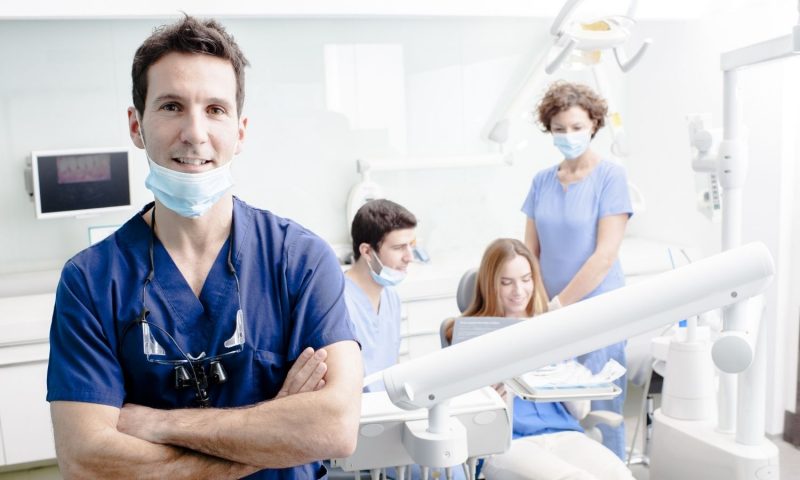The way you handle patients and their procedures impacts your reputation and career. Check out these easy ways to avoid dental malpractice claims.
Like all medical professionals, dentists work to better the lives of their patients through healthcare. However, dentists can make mistakes and unwittingly cause problems for their patients. Here are a few easy ways to avoid dental malpractice claims.
Prioritize Communication
As a dentist, you can expect that almost every person who walks through your doors knows next to nothing about teeth compared to you. This means that patients will need careful explanation and communication about their health. Whether you only have positive reports or you must discuss several problems, your level of communication about an issue directly correlates with the patient’s experience.
Take Time With Your Diagnosis
As a professional in medicine, it is easy to write patients off and assume you understand everything about their condition since you have seen it so many times. While you may not be so presumptuous in your practice, it is essential to take your time with your diagnosis. Some medical work relies on snap judgments, but diagnoses require careful deliberation and analysis. When you truly take your time and reason through each step, you avoid one of the biggest malpractice claims: misdiagnosis.
Don’t Put Insurance Over Treatment
Doctors know that medical procedures are expensive and will cost their patients hard-earned money. As a dentist, you may want to put the patient’s health insurance over timely treatment in order to protect their finances. This may be a noble notion, but it does not change the fact that the patient still suffers and needs dental work done. You should never make decisions on behalf of patients. Tell them upfront what you are thinking, and they will thank you for your discretion.
There are many easy ways to avoid dental malpractice claims, but none is as helpful as knowing the most common malpractice claims in dentistry. With this knowledge, you can pay special attention to the procedures and methods you use so you can avoid bad medicine.
